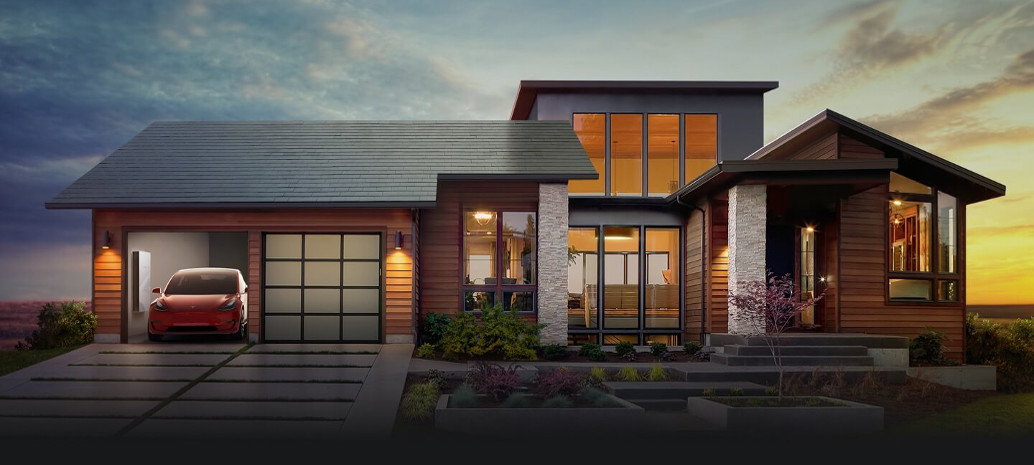From pv magazine USA
Tesla announced its Solar Roof product to much fanfare back in 2016, and three years ago the company stated that it had a goal of 1,000 installations per week. Yet, only about 3,000 Solar Roof systems have been installed to date, according to data from Wood Mackenzie, with a total capacity of nearly 30 MW (DC).
Wood Mackenzie, for the first time, has identified Tesla Solar Roof installations using its proprietary project-level data sets and summarized the key findings in a report titled, “Five Years In: Tesla Solar Roof deployments miss expectations.”
“The Tesla Solar Roof, an innovative roofing system made of glass tiles with embedded photovoltaic cells, attracted considerable attention after its initial launch several years ago,” said Max Issokson, research analyst and lead author of the report. “But granular installation data has always been elusive, making it challenging to analyze the product’s growth – until now.”
Despite Tesla’s 2020 stated goal to install 1,000 systems per week, Wood Mackenzie analysis shows that average Solar Roof installations per week were just 21 in 2022, and the largest quarter for installations was the first quarter of 2022, which saw 32 systems installed per week.

Looking at the entire roofing market in the United States, which installs an estimated 5 million roofs built per year, Tesla held less than 0.03% of the total roofing market in 2022, according to the report.
“As the residential solar industry continues to grow, solar roofing solutions will play an important role in offering customers flexibility and alternatives to conventional modules,” Issokson concluded. “The future potential of Tesla’s Solar Roof will rely on the company’s ability to simplify and streamline installations and tap into a broader customer base.”
Tesla is not alone in the building-integrated solar roofing market. GAF Energy, CertainTeed, SunStyle, Suntegra Solar, Forward and Luma Solar are other manufacturers who have gotten in on the game. Today GAF Energy, a prominent residential roofing company, is a market leader in the sub-sector with its Timberline Solar product. Its nailable solar shingle was announced at CES 2022, where it won the Best of Innovation award. What sets the Timberline apart from Tesla’s Solar Roof is that the roof system directly integrates solar technology into traditional roofing processes and materials, according to Wood Mackenzie.
“GAF Energy’s Timberline Solar roofing system is better positioned to achieve widespread adoption,” said Issokson. “The product is faster and easier to install, and the company captures customers when they are considering roof replacements.”
Tesla has had a tough time in the residential solar installation market as well. Wood Mackenzie noted in its 2022 solar installer Leaderboard that Freedom Forever had overtaken Tesla in the top three residential market spot for the first time, securing 4% of the US market the previous year. Sunrun and Titan Solar Energy held the top two spots, respectively.
This content is protected by copyright and may not be reused. If you want to cooperate with us and would like to reuse some of our content, please contact: editors@pv-magazine.com.




The process to become a tesla certified installer is more stringent and harder than any other traditional module manufacturer. This likely plays a role in the numbers being lower than if they made solar roofs available through traditional solar distribution chains that all solar installers procure from.